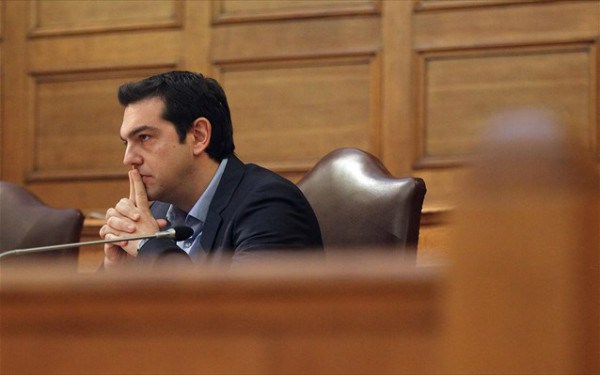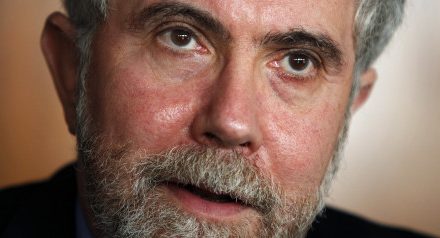By Holly Ellyatt, CNBC
With just days to go before Greece heads into the voting booth again, polls suggest the result is too close to call with a strong chance that the gamble to secure a mandate by former prime minister Alexis Tsipras could backfire.
Tsipras resigned in August as he faced a rebellion from radical leftwingers in his Syriza party angry at his capitulation over the terms of a third bailout in order to prevent a Greek exit from the euro zone.
The rescue program demanded that Greece sign up to stringent spending cuts, a widespread privatization program and tough economic targets that will make life tough for Greeks for years to come.
‘Oxi’ to Tsipras?
Now faced with a snap election as a result of his resignation, designed to act as a vote of confidence in his leadership, Tsipras’ move is looking like a very risky one.
For a start, there are many members of the Greek public who supported Syriza who feel betrayed by Tsipras’ decision to agree to a third, 86 billion euro bailout with lenders.
According to posts on Greek social media, what has grated younger voters has been the months of tough and rousing rhetoric from Tsipras in which he vowed to play hardball with negotiating teams from the European Commission, International Monetary Fund and European Central Bank – only to renege on those promises.
Angering the public further, that move earned the country a far more tougher bailout than it could have had at the start of talks in January, when Syriza first came to power on its anti-austerity pledges.
As such, those who turned out in droves this summer to campaign against austerity – and against a third bailout – in a referendum in July could well turn the tables on former Tsipras at the ballot box this Sunday.
Young disillusioned
Although the youth wing of Syriza (Syriza Youth) was officially dissolved when the majority of Syriza’s central committee resigned along with Tsipras, the group’s Facebook page continues. Some previous supporters voiced disillusionment with Tsipras for his U-turn on austerity.
“The reason why many people left SYRIZA and youth of SYRIZA (including me) is that we took a decision to keep on fighting against capitalism and memorantum as the only way to survive and implement our true beliefs,” said one message on the group’s page by Ntinos Patsis while another user, Nuno Abel, posted one word on Syriza’s Youth’s Facebook page: “Disillusion.”
Other users had a more pragmatic approach, understanding that Tsipras had faced a tough choice between agreeing to a bailout or plunging his near-bankrupt country into the economic and political unknown. Defending Tsipras, Thanos Nikiforidis posted on Syriza Youth’s page that Greece’s leader had done what he had to do.
“Yes, Tsipras made huge mistakes, he said big things that couldn’t be implemented and caved at the pressure of our creditors…. BUT he fought for us (surely harder than all of his predecessors) and for a moment he gave us our pride and dignity back. He could have said to the creditors ”no, we won’t take any deal” and walk out (like I believe he wanted to) then he would have returned home a hero for a day or even a month until shortages would come and then he would be turned into a traitor who destroyed his country,” Nikiforidis argued, adding “ENOUGH with the constant divisions in the left.. STAND UNITED!!!!!”
The incumbent
While some young people might still see in Tsipras the leader of old – and prefer a leftist leader to an alternative conservative one, the latest Greek opinion polls last weekend showed that the main parties are practically neck-and-neck with around 26 percent of the vote each.
Several polls have put either Syriza or New Democracy in thelead but indicate no one party getting a majority to allow them togovern alone. What’s more, up to 10 percent of voters areundecided, making the result even more unpredictable.
No-one is willing to write off Vangelis Meimarakis, the leader of the opposition New Democracy party, either.
Although he had previously offered to work with Tsipras in a coalition government, in a final pre-election televised debate on Monday, the two politicians ruled out working together, making the final makeup of the government even trickier to predict.
Meimarakis said Syriza was welcome to join his New Democracy party in an alliance but ruled out sharing power with Tspiras.
“I don’t envisage you as a prime minister, or as deputy prime minister, nor would I ever want you to be prime minister again. … You are …on your way out (and you) brought catastrophe,” he told his rival, Reuters reported.



















